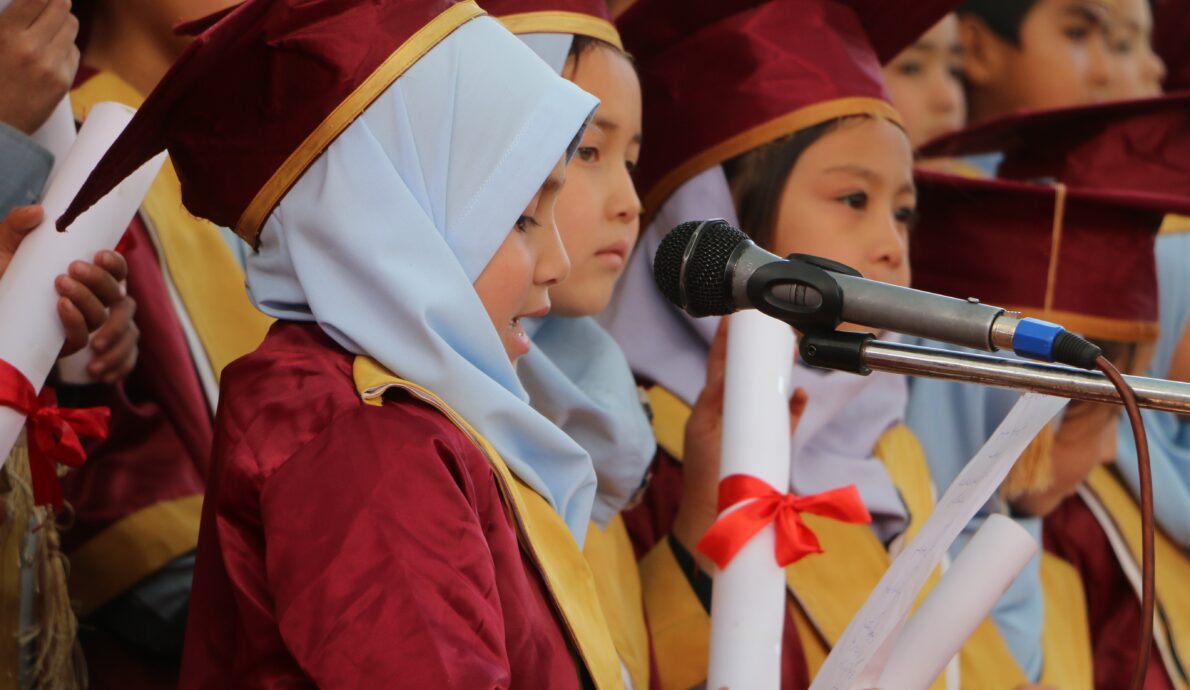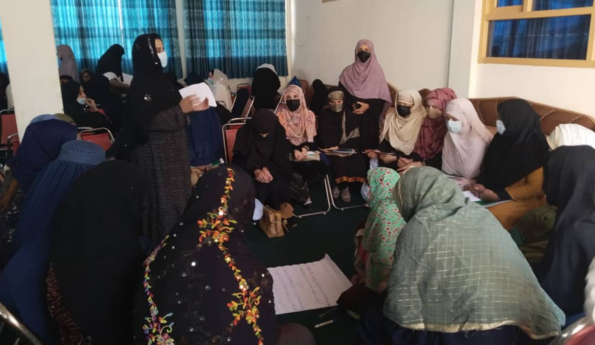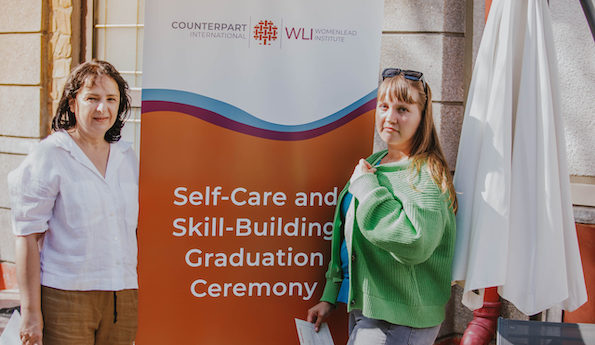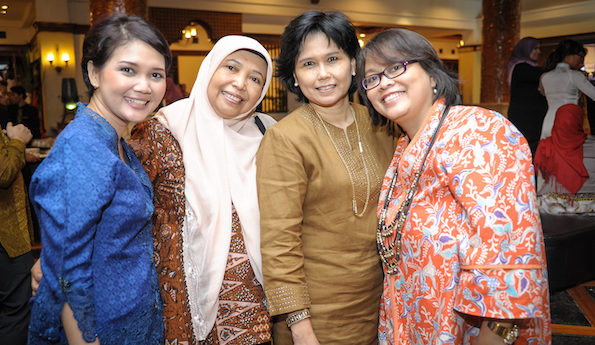This story is part of Counterpart’s 16 Days of Activism series. This year’s global theme is “Invest to Prevent Violence Against Women and Girls.” At Counterpart, our women’s empowerment team partners year-round with women leaders around the world, ensuring they have the training, means, and support to break cycles of violence and discrimination, and give them a voice within their communities. During the 16 Days Campaign, we will be sharing just a few of their incredible stories.
Farida Faqiri is an Afghan women’s rights activist who has spent 29 years advocating for change in a traditional society with limited support to women. She comes from an open-minded family with five sisters and two brothers who are all educated. The family supported Faqiri as she obtained her degree from the Polytechnic University of Kabul. She grew passionate about the need to support gender equity in Afghanistan, and changed from conducting literacy courses to trainings on gender, human rights, and women’s rights.
Despite the support from her family, Faqiri’s life changed after she got married at age 22. Her husband was a traditionalist who strongly believed in the patriarchal norms in Afghan society. He and his parents could not comprehend Faqiri’s dedication to women affairs and gender-related advocacy efforts, and her commitment to challenging the status quo. As her career advanced, his resentment and insecurity increased. The situation at home worsened, leading to domestic violence against Faqiri and her children, leaving her emotionally scarred and in constant fear for their safety. However, she continued her mission, determined to make a difference despite her personal struggles. Finally, five years ago, her husband decided to separate.
Through her work, Faqiri has changed the lives of thousands of Afghan women. While raising five children and enduring domestic violence, she provided for the family and prioritized her children’s education; all now hold educational degrees. Her decision was driven by her belief that no one should have to endure violence, and she saw it as an opportunity to set an example for the young women with whom she was working.
In 2014, she was motivated to establish her own organization to further support women and youth empowerment in her community. Even following the Taliban takeover of Afghanistan, she continues to work and says, “I am never hopeless, and I always see an opportunity to rise even in the darkest times.” She is determined that the situation will not remain the same for the Afghan women and girls. Faqiri’s story of resilience and her unyielding fight for women’s rights, even in the face of personal hardship, inspires not only those who benefit from her organization but also women across Afghanistan and around the world.






